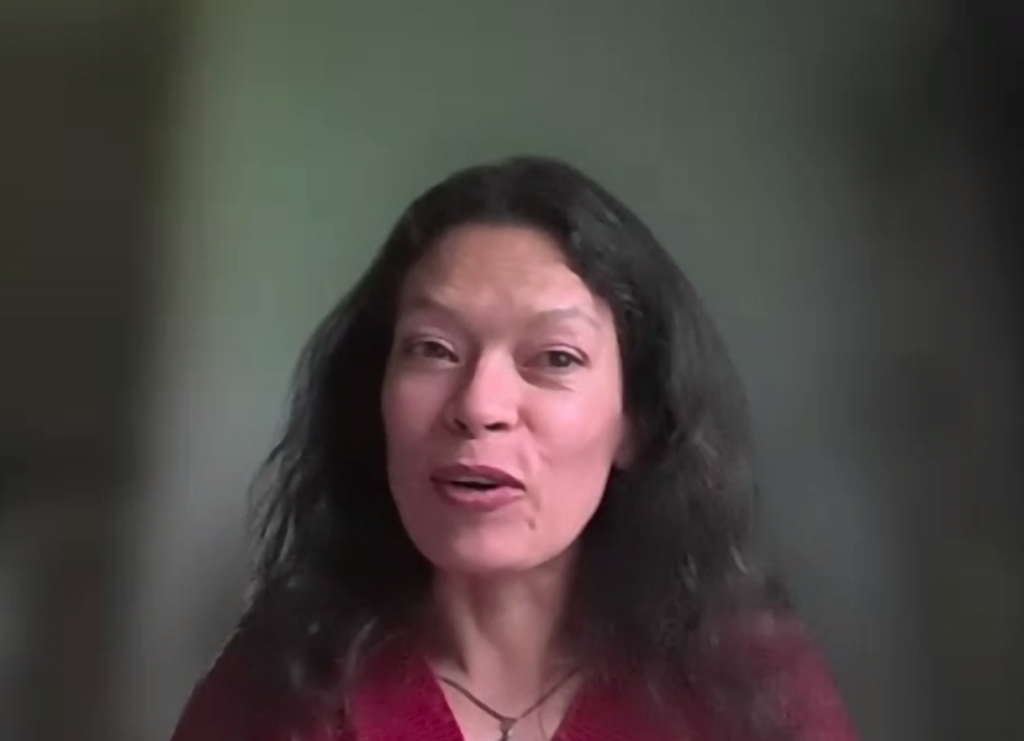This past week, the global studies department and the Multicultural Resource Center (MRC) hosted a digital event called the LOCO Festival at Binghamton University. The event ran from May 3 to May 6 with a series of virtual webinars that students could attend on topics related to human rights and the refugee crisis.
Marisol Marcin, one of the event’s organizers, program coordinator of the global studies department and a lecturer of global studies, originally got the idea for the LOCO Festival from a similar event created by Spain’s office of the United Nations High Commissioner for Refugees (UNHCR) and was excited to bring the idea over to the United States for the first time.
“The LOCO Festival was originally created in Spain with the purpose of informing students about issues of migration, the importance of human rights activism,” Marcin wrote in an email. “We contacted the ACNUR office (UNHCR office in Spain) and asked how we could get involved and they were thrilled to have us host the first international version of the event.”
Soon, the event began to attract participants from throughout BU and the surrounding community. By the time the festival began last week, participating groups included the department of art and design, the English Language Institute (ELI), International Student and Scholar Services (ISSS) and other community groups from outside the University.
The LOCO Festival’s mission statement reads, “Given the diversity of Binghamton University and the region in which it is located, we are hosting the LOCO Festival as a way to celebrate our multiculturality, multiethnicity and diverse thinking. As events in the world continue to fuel the refugee crisis, this event seeks to increase cultural competence as a way to promote solidarity and cooperation.”
Over the weeklong festival, many different events, talks and workshops were offered. Notable examples include “Refugee 101,” a workshop hosted by the Zolberg Institute on Migration and Mobility, and panels on activism and the refugee crisis from both the University and outside groups.
Marcin wanted the LOCO Festival to represent diversity in voices both familiar and unfamiliar to students.
“Our message is of diversity and inclusion,” Marcin wrote. “We wanted to create a program that would serve our students and also the regional community. Because of the topics we are addressing, it only made sense to include many voices from different organizations. And thanks to those collaborations, we have been able to create this great festival.”
On top of the educational opportunities that its panels put forward for students to take advantage of, a secondary objective of the LOCO Festival was to promote artwork supporting the refugee crisis. The founders of the LOCO Festival feel that artwork — written, visual or otherwise — is another avenue toward expressing the same universal truths about refugees.
“We feel that some of these topics are so vast and deep that in order to address them, we need to offer multiple venues for people to interact with the content,” Marcin wrote. “In the end, we are having conversations on the same topics, we are just using different languages.”
Drew Kahn, a SUNY distinguished service professor of theatre at Buffalo State College, was a guest speaker at the event’s “Literary Art Introduction” webinar. He explored the concept of literary art and how it can be applied to education, before introducing the readings of several students’ creative pieces. Kahn argued that education systems benefit more not by asking what students think, but rather how they feel about a given issue. He believes that this empathy and the stories that education can tell are important ways literary art can change how we teach students.
“It’s easy to put up a building called the ‘Social Justice Center,’ but what’s really difficult is to change the culture inside the building in a way that actually gets things done,” Kahn said.
This idea of changing the culture with education and empathy is one of the most important messages that the LOCO Festival tries across, and one that the founders feel passionate about.
“This festival embodies its message,” Marcin wrote. “We created a festival that united people from all over the University and multiple organizations with the hope to contribute to the improvement of the living conditions of vulnerable populations. We have shown the strength and power that exist in diversity; we have all done a small part, but our efforts put together have created something much greater than any one individual could do.”



